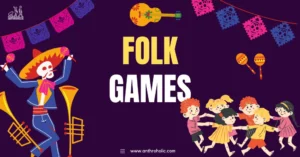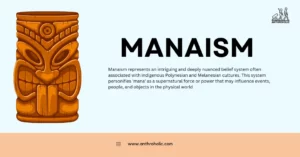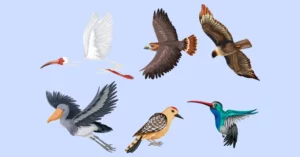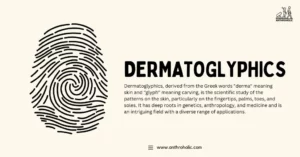AI Answer Evaluation Platform Live Now. Try Free Answer Evaluation Now
Folkloristic Anthropology
Folkloristic Anthropology, also known as Anthropological Folkloristics, is a cross-disciplinary study that delves into the socio-cultural fabric of societies by analyzing their folklore. It uses the stories, myths, legends, dances, and rituals of a community as a lens to understand the underlying beliefs, values, and norms that shape and are shaped by the social structure.
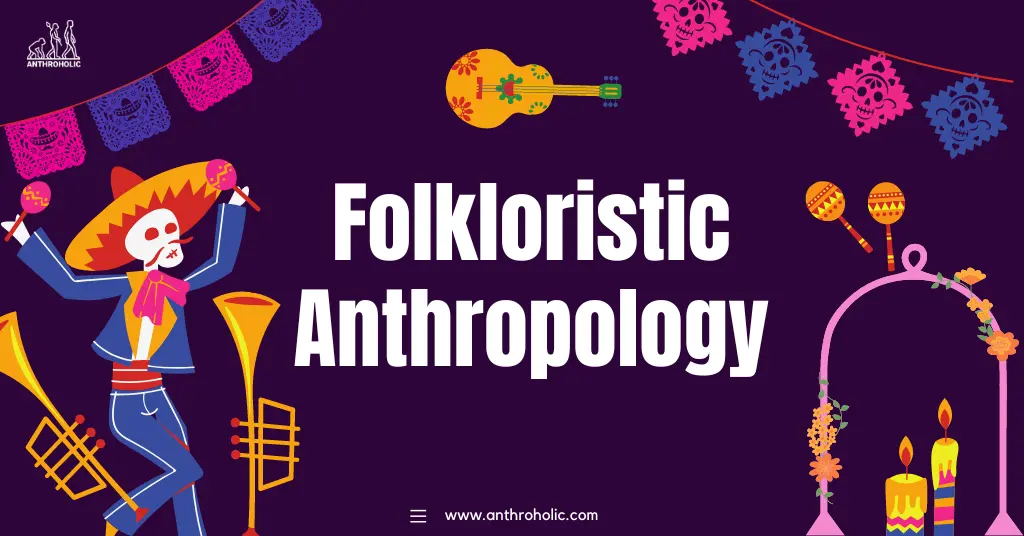
Understanding Folkloristic Anthropology
Folkloristic Anthropology utilizes the methodology and theories from both Anthropology and Folklore studies. The two interwoven disciplines provide a rich understanding of the complex socio-cultural systems:
- Anthropology: Provides the framework for understanding the societal context in which folklore exists. It explores how folklore reflects or influences cultural, political, and economic structures [1].
- Folklore Studies: Provides tools for analyzing specific folklore artifacts and understanding their symbolism and significance within the cultural milieu [2].
Key Components of Folkloristic Anthropology
Folkloristic Anthropology pays special attention to various elements of cultural heritage:
- Oral Narratives: Myths, legends, fairy tales, and other orally transmitted narratives shed light on the collective cultural psyche.
- Material Culture: Artifacts, costumes, architecture, and crafts offer insight into historical and societal contexts.
- Performance Arts: Dances, songs, festivals, and rituals reveal cultural norms, values, and social bonds.
- Cultural Practices: Everyday activities, culinary traditions, and social norms reflect a community’s lifestyle and worldviews.
Methodology
The methodology of folkloristic anthropology is based on comprehensive ethnographic fieldwork:
- Participant Observation: Living within the community, engaging in their practices, observing, and documenting.
- Interviews and Oral Histories: Engaging with community members to understand their folklore and the significance attached to them.
- Artifact and Text Analysis: Analyzing cultural artifacts, textual narratives, and performance arts for symbolic meanings.
- Comparative Analysis: Comparing and contrasting the folklore of different communities or different periods to identify patterns and transformations.
| Methodology | Purpose |
|---|---|
| Participant Observation | Immersive Understanding |
| Interviews and Oral Histories | Direct Insights |
| Artifact and Text Analysis | Symbolic Interpretation |
| Comparative Analysis | Pattern Identification |
Significance of Folkloristic Anthropology
Folkloristic Anthropology contributes to a broad array of disciplines and societal facets:
- Cultural Preservation: It aids in preserving cultural heritage by documenting and analyzing folklore.
- Social Cohesion: Folklore often promotes social unity, and understanding it can foster intercultural understanding and respect [3].
- Education: The study of folklore can enrich educational curricula by incorporating diverse cultural narratives.
- Policy Making: Insights into societal norms and values can inform policies that respect cultural sensitivities.
Conclusion
Folkloristic Anthropology stands at the crossroads of Anthropology and Folklore Studies, offering a multi-faceted perspective on the culture of societies. Through its detailed examination of folklore in all its forms, it reveals the rich tapestry of beliefs, values, and norms that shape societies, making it a pivotal field in the preservation and understanding of cultural heritage.
References
[1] Duranti, A. (1997). Linguistic Anthropology. Cambridge University Press.
[2] Dundes, A. (1965). The Study of Folklore. Prentice-Hall.
[3] Abu-Lughod, L. (1993). Writing Women’s Worlds: Bedouin Stories. University of California Press.

